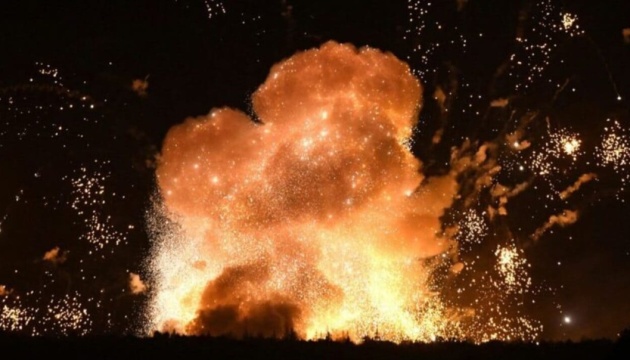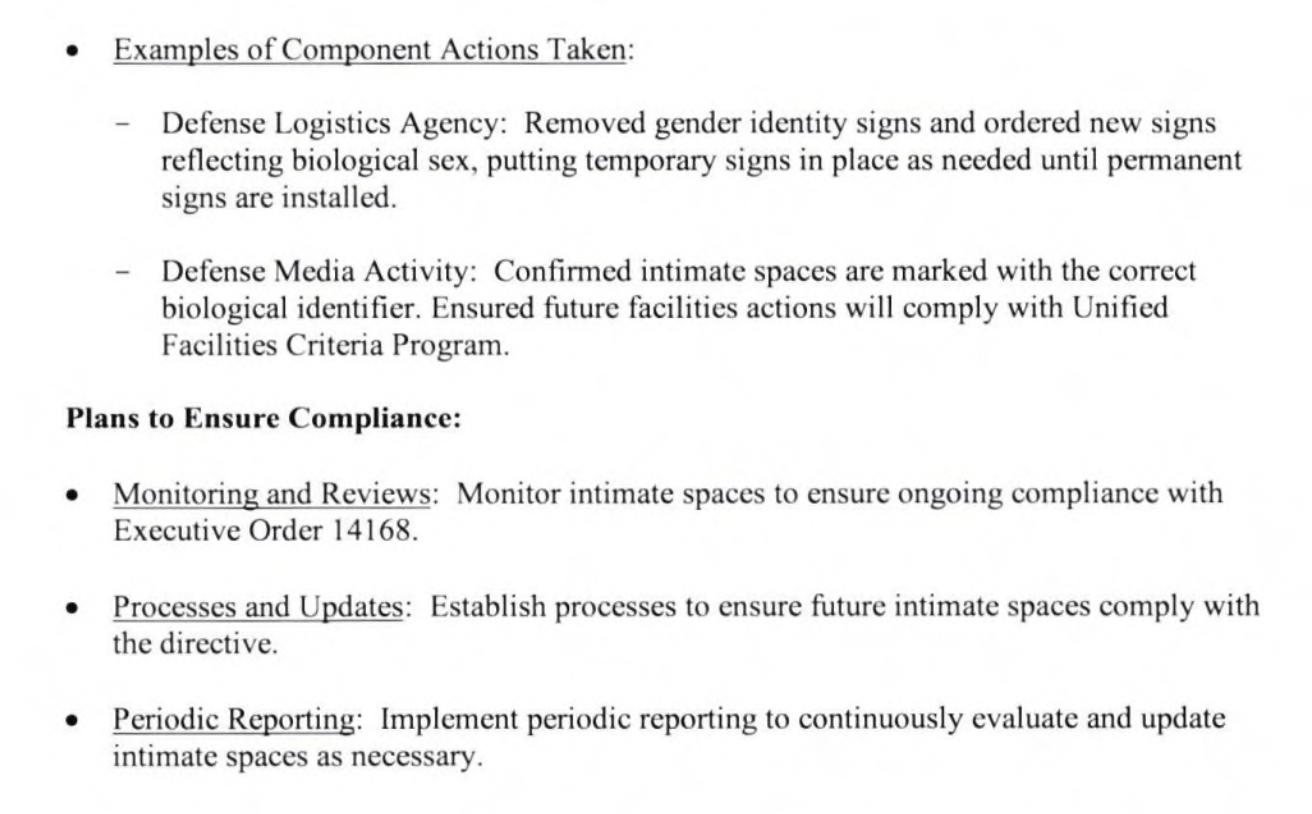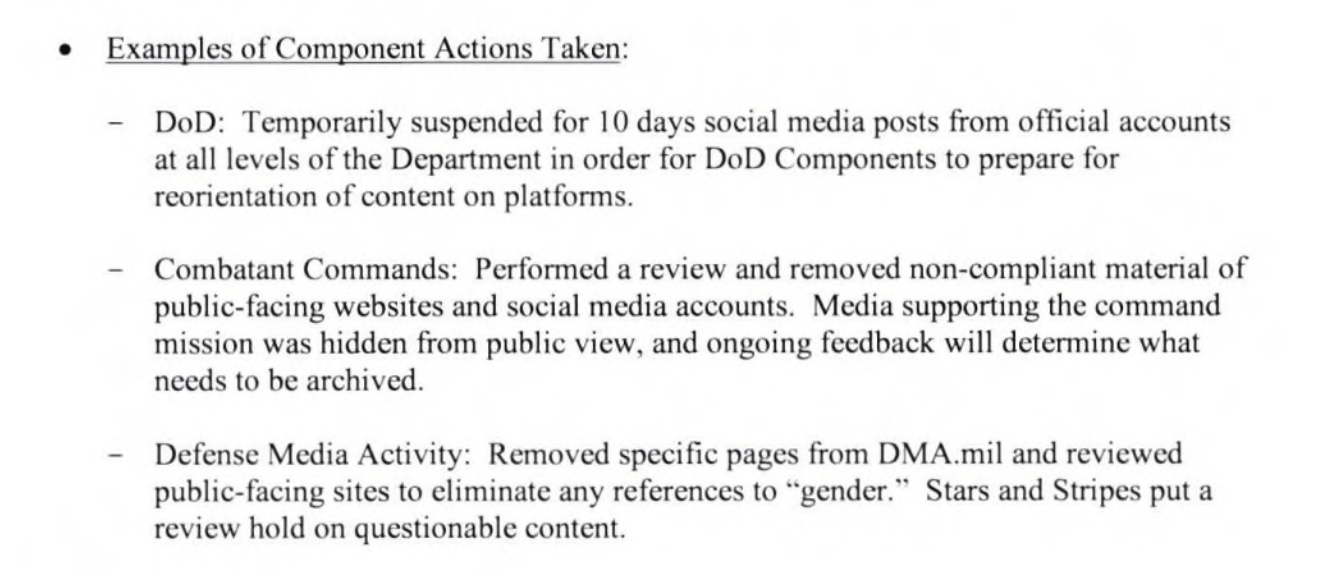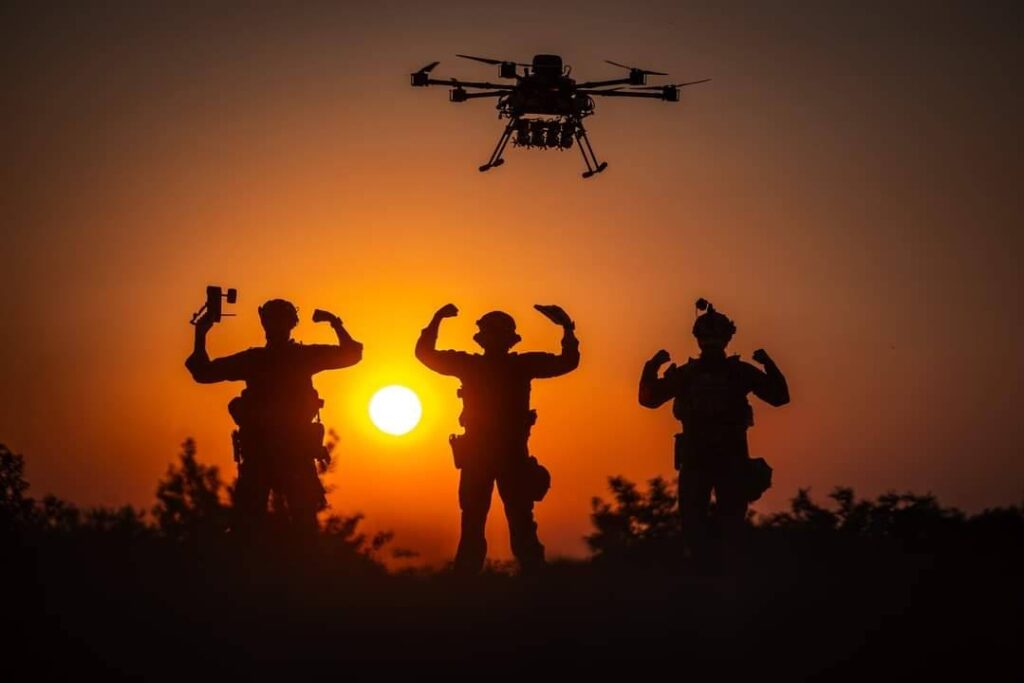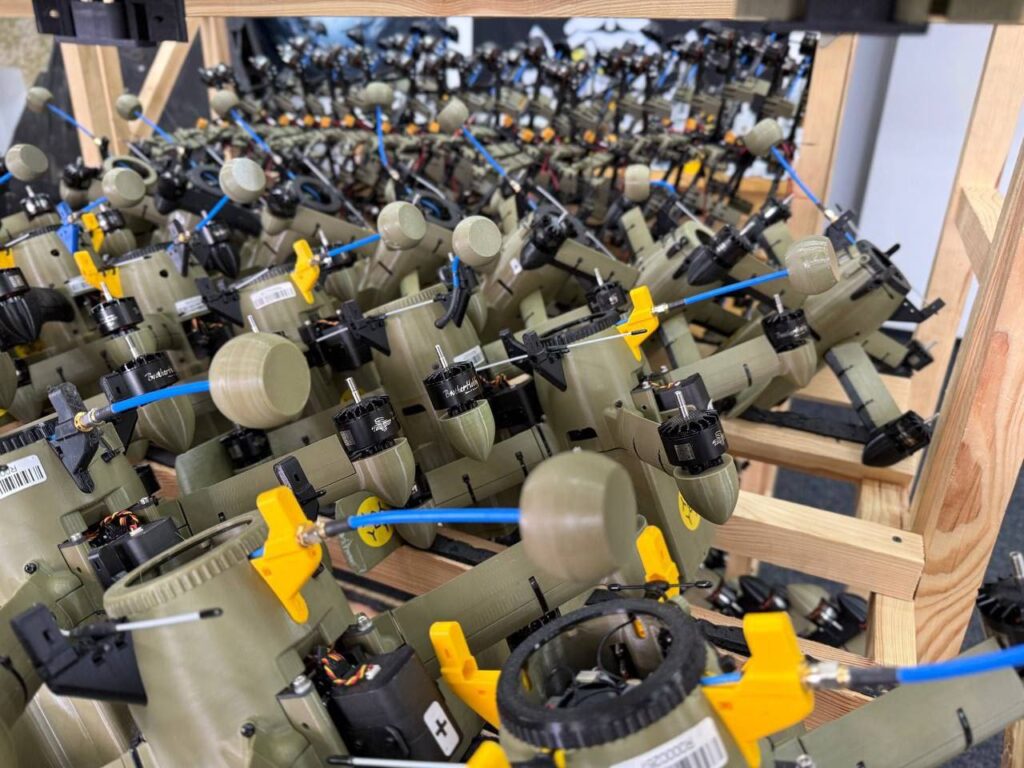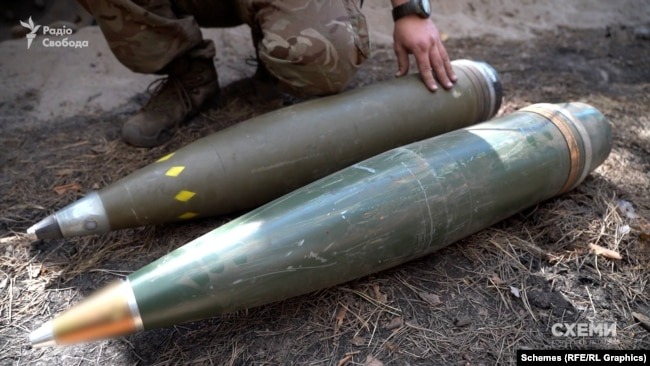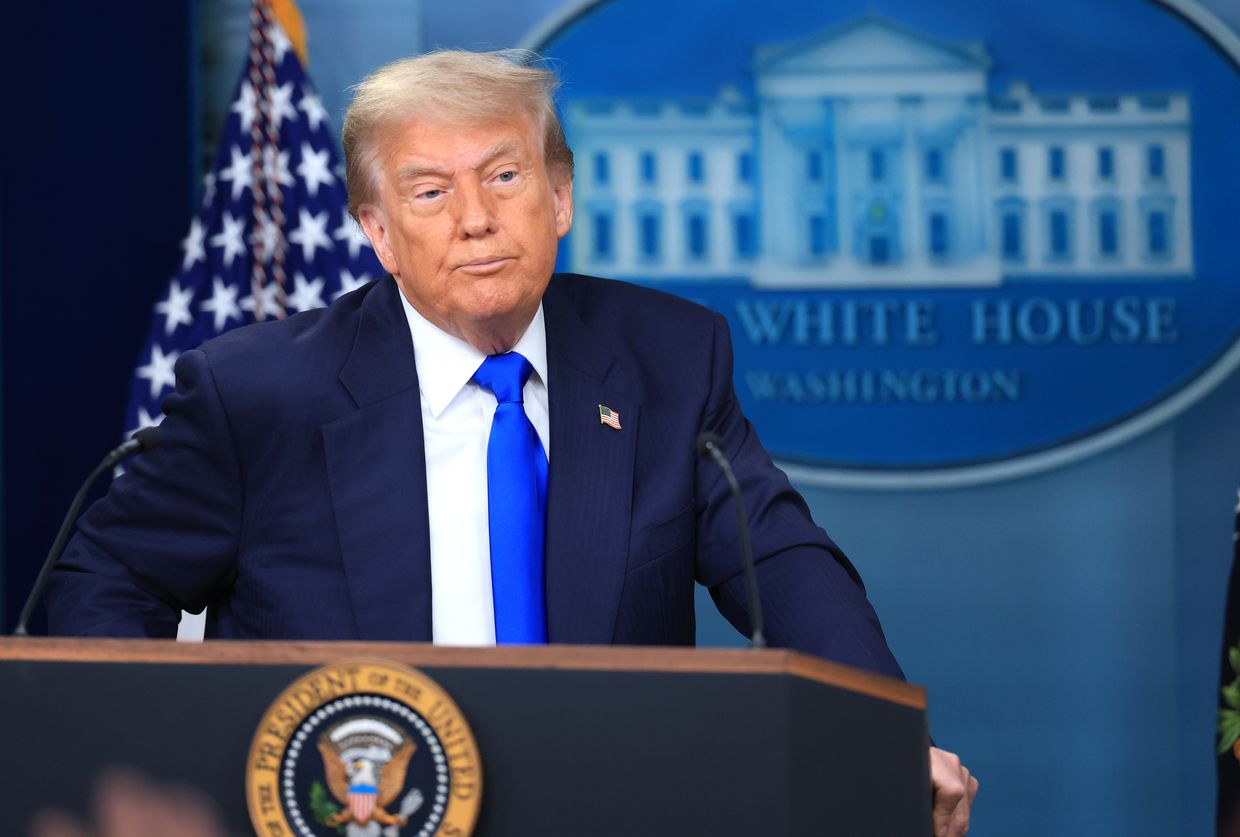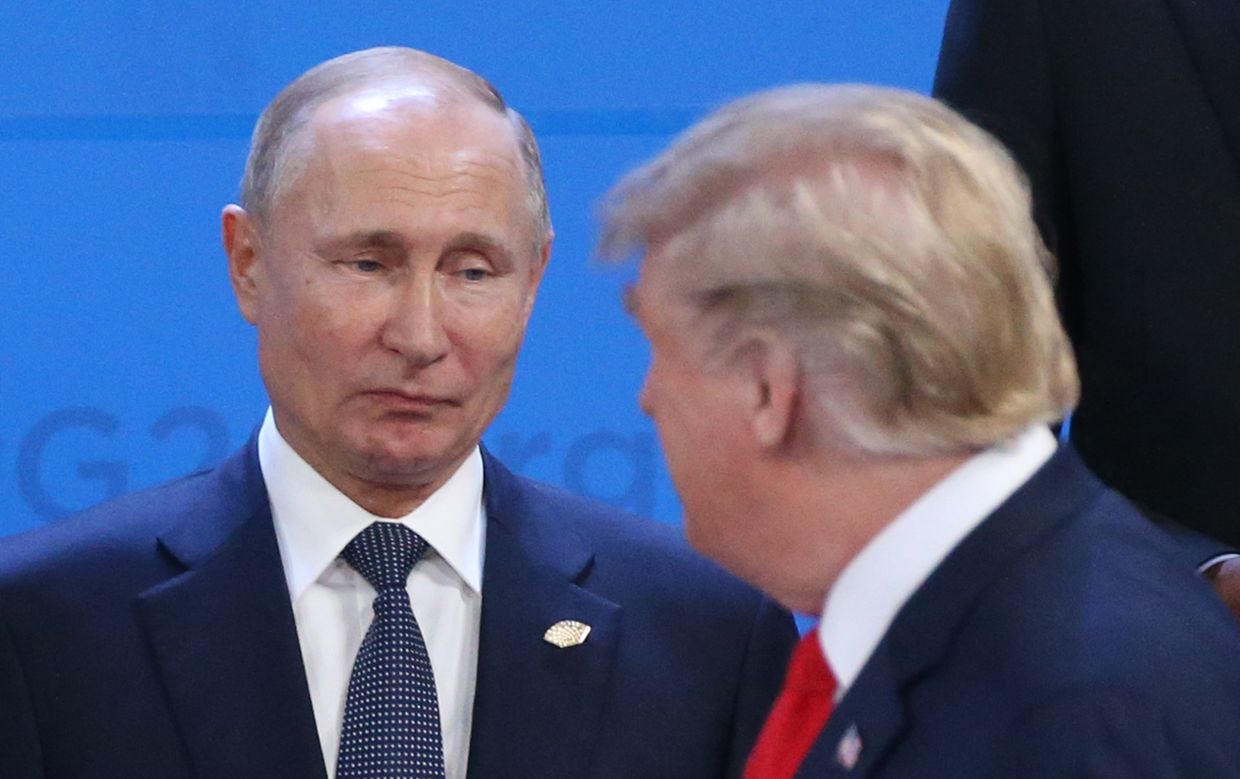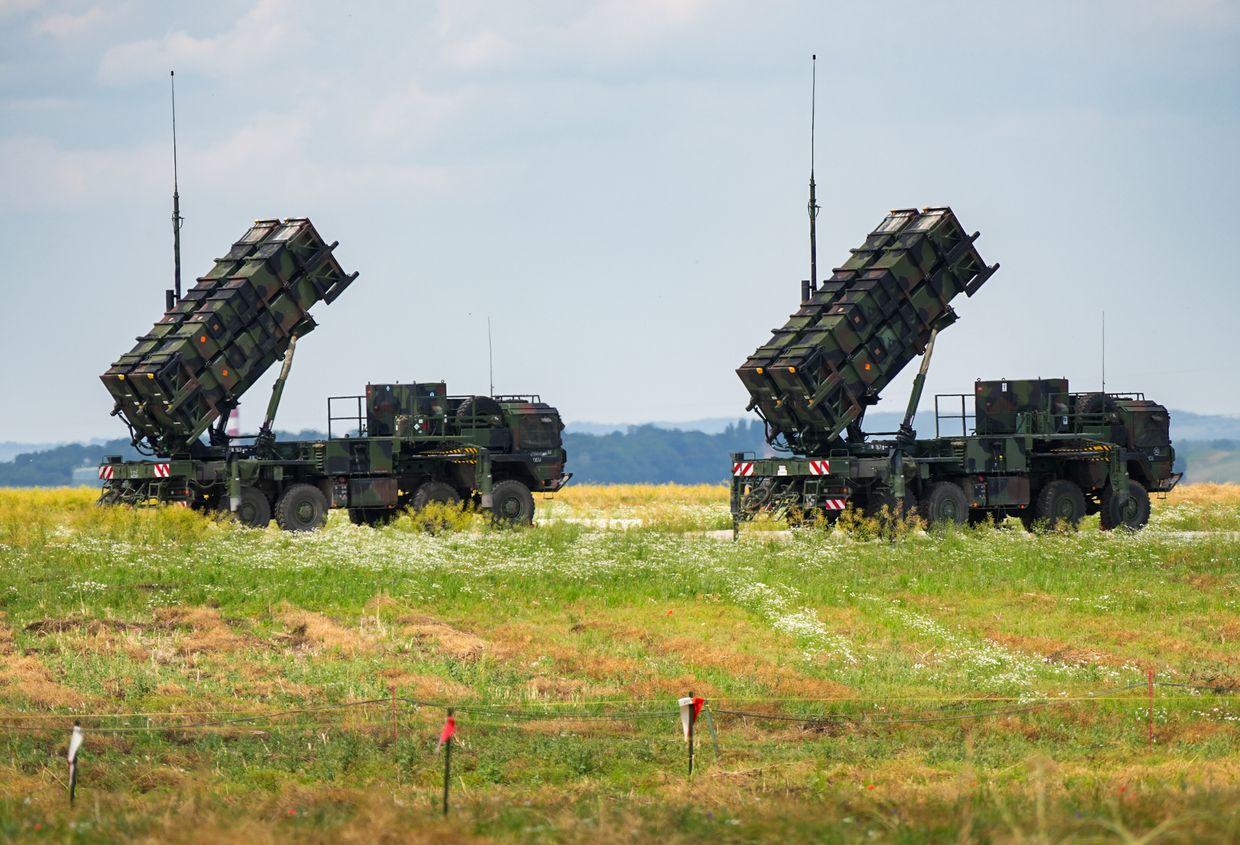Man wants to counter China by letting Russia dismember Ukraine, forgets they’re allies

“Let’s put out this raging fire,” declared the fireman – then he grabbed a can of gasoline.
That, in essence, is Elbridge Colby’s strategy for contesting China’s rise: letting Russia – Beijing’s most dangerous partner and increasingly a vassal – dismember Ukraine with impunity.
In his widely cited book The Strategy of Denial, Colby argues that America’s overriding priority must be to prevent the People’s Republic of China – which he identifies as a hostile hegemon – from dominating the Indo-Pacific. That requires a narrow, disciplined focus on deterrence, building trust with allies, and showing adversaries that American commitments are ironclad.
And yet, Colby, who wrote this magnum opus, cannot possibly be the same person who threw Ukraine under the bus – to China’s very public delight. No wonder Sen. Mitch McConnell called his ideas “geostrategic self-harm” when voting against his confirmation.
Pentagon policy chief halts Ukraine weapons despite military analysis
A bombshell Politico investigation revealed that the architect of the recent weapons halt to Ukraine was none other than Undersecretary of Defense for Policy, Colby. The official justification was concern over stockpile levels – a legitimate consideration that might warrant careful management of aid flows.
But this rationale collapsed under scrutiny. Military analysts inside the Department of Defense concluded that continuing aid to Ukraine would not compromise American readiness.
The decision also undercut the White House’s stated goal: a ceasefire agreed to by both parties. Ukraine accepted the proposal months ago. Russia didn’t just refuse, it mocked the peace talks and made Washington look weak and indecisive.
On 4 July, following the Trump-Putin phone call, Russia hit Ukraine with the largest drone attack of the war. 11 missiles and 539 Russian-Iranian Shahed drones were fired at Kyiv over a seven-hour onslaught. This record was shattered just five days later, on 9 July, when Russia launched 728 drones and 13 missiles in another massive assault.
These attacks, it turns out, are made possible by China.
According to Bloomberg, 92% of the foreign components found in the killer drones terrorizing Ukrainian cities are of Chinese origin. And on 23 July, The Telegraph reported that Russia now deploys fully Chinese-made drones to prosecute its criminal war in Ukraine.
On the very day Colby’s meddling with congressionally mandated weapons deliveries made headlines, Wang Yi – the top foreign policy official in the Chinese Communist Party – laid Beijing’s position bare: “China cannot allow Russia to lose the war in Ukraine,” he told European diplomats in a closed-door briefing.
China enjoys a favorable view among 81% of Russians, while 71% express hostility toward the EU. Ukraine and the United States are the only countries regarded with greater contempt.
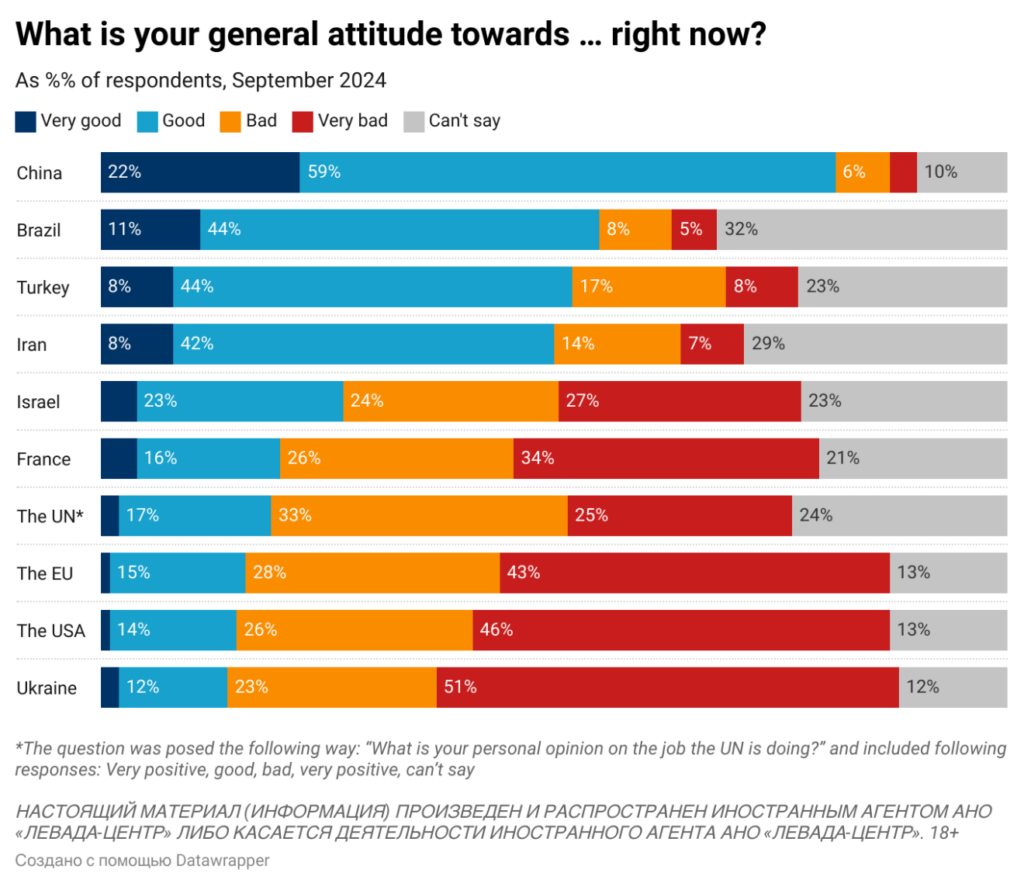
Why Russia won’t abandon China for Western partnership
The idea that Washington can somehow coax Russia into abandoning China and joining the West runs counter to everything we know about the Kremlin’s imperial legacy. Moscow’s legitimacy rests on denying agency to the peoples it subjugates – from serfs during tsarist times to the inhabitants of the Russian Federation today.
America’s Constitution begins with a phrase the Kremlin sees as a mortal threat: We the People. The freedom and dignity that Americans and Europeans wish for the many Peoples of Russia are exactly what threatens Moscow’s system of oppression and subjugation.
Since 2022, Colby has argued for sacrificing Ukraine on the altar of “American interests.” But what lies ahead is the loss of American security to wishful thinking and incompetence.
How weakening Ukraine undermines American deterrence globally
By crippling Ukraine, Colby is doing precisely what his doctrine warned against: enabling the consolidation of a China–Russia-Iran-North Korea axis that threatens US interests far beyond Eastern Europe. American deterrence hinges on reliable commitments. So what message does a cut-off to Ukraine send to Taiwan, Japan, or the Philippines?

America forfeits credibility by broadcasting indifference and betraying people who just want to defend their home and not be murdered by Russia. The erosion of resolve is how great powers stumble into wars they try to avoid.
Ukraine has already shown that denial works. With the right tools, it has sunk much of Russia’s Black Sea Fleet, retaken territory, and exposed the limits of Russian air power – most recently in Operation Spiderweb, which destroyed a row of Moscow’s bombers deep behind enemy lines.
Putting the moral case aside, aiding Ukraine is a strategic imperative under Colby’s own framework. Moscow reintroduced overt territorial conquest into modern geopolitics. In such a world, US force projection in East Asia grows harder and exponentially more expensive to sustain.
While Washington burns through nearly a trillion dollars each year on defense, the $40 billion the United States sent annually to Kyiv since 2022 is a minor fraction of that sum – and a bargain, when you consider the cost of letting deterrence collapse.
The truth is, abandoning Ukraine won’t deny China’s rise; it will enable it. It won’t isolate Moscow or draw it closer to the West; it will bind the Kremlin even more tightly to Beijing. It won’t preserve US leadership, it will shred the very credibility on which that leadership depends.
In Colby’s hands, the strategy of denial has morphed into a doctrine of permission. Vladimir Putin and Xi Jinping couldn’t have asked for a better gift.
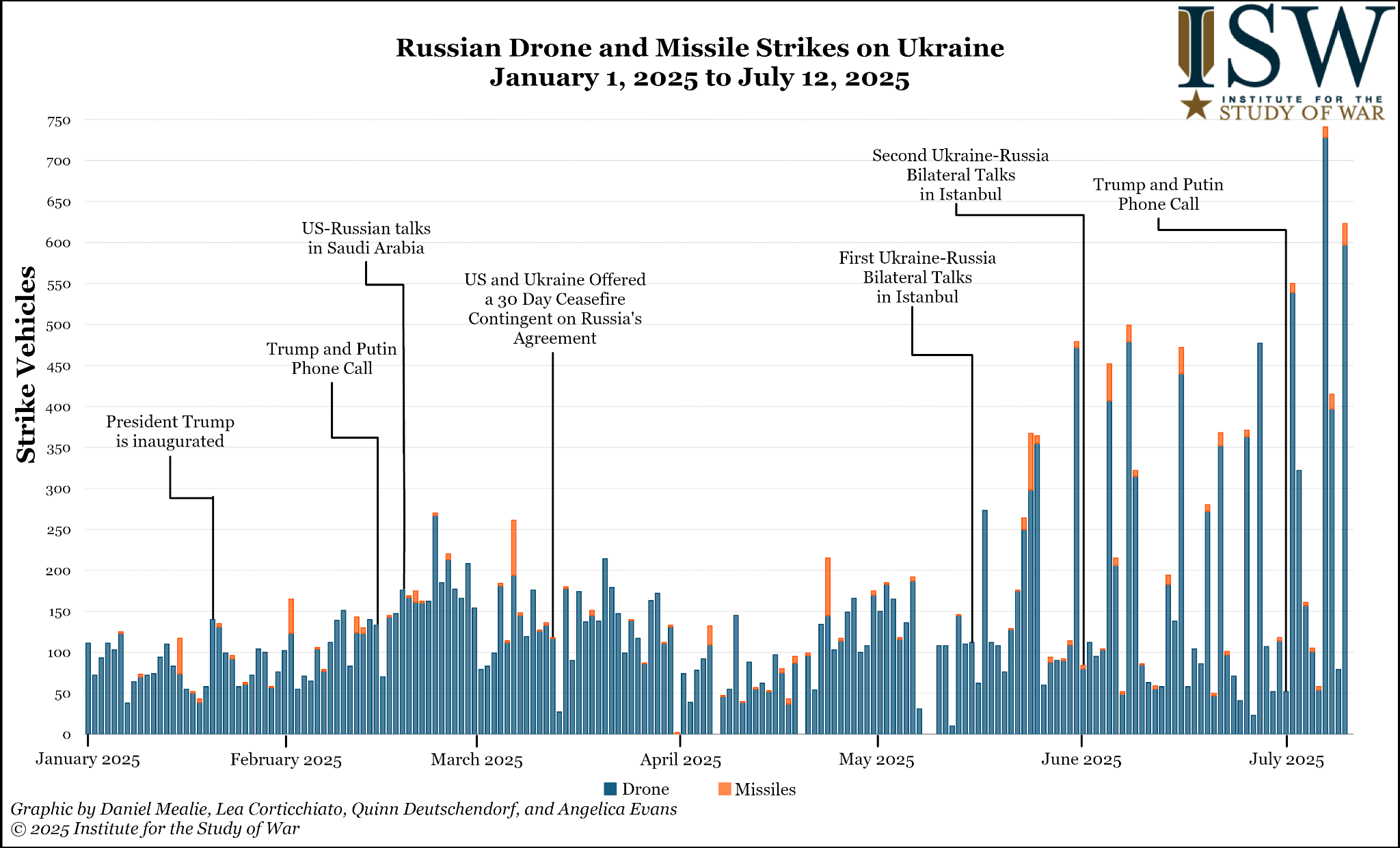
Andrew Chakhoyan
Editor’s note. The opinions expressed in our Opinion section belong to their authors. Euromaidan Press’ editorial team may or may not share them.
Submit an opinion to Euromaidan Press

Technology is Ukraine’s chance to win the war. This is why we’re launching the David vs. Goliath defense blog to support Ukrainian engineers who are creating innovative battlefield solutions and are inviting you to join us on the journey.
Our platform will showcase the Ukrainian defense tech underdogs who are Ukraine’s hope to win in the war against Russia, giving them the much-needed visibility to connect them with crucial expertise, funding, and international support. Together, we can give David the best fighting chance he has.
Join us in building this platform—become a Euromaidan Press Patron. As little as $5 monthly will boost strategic innovations that could succeed where traditional approaches have failed.


